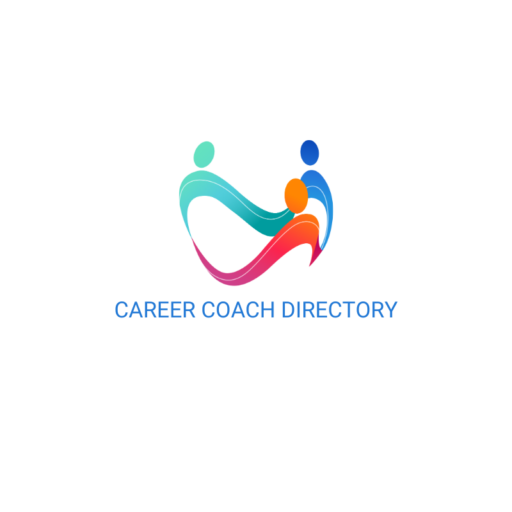Frequently Asked Questions for a Executive Coach
FAQ: Executive Coach
1. What is an Executive Coach?
An executive coach is a specialized professional who works with senior leaders, such as CEOs, C-suite executives, and high-potential managers, to enhance leadership capabilities, strategic decision-making, and organizational impact. They focus on personal development, emotional intelligence, and navigating complex leadership challenges.
2. Why use an Executive Coach instead of a mentor or consultant?
- Mentors offer advice based on their own career experiences.
- Consultants solve specific operational or strategic problems.
- Executive Coaches focus on your growth as a leader, using tailored techniques to improve self-awareness, communication, and influence, while holding you accountable to actionable goals.
3. Who needs an Executive Coach?
- C-suite leaders managing organizational transformation.
- Senior executives transitioning into larger roles (e.g., VP to CEO).
- High-potential managers preparing for executive responsibilities.
- Leaders navigating mergers, stakeholder conflicts, or cultural shifts.
4. How do I choose the right Executive Coach?
- Leadership Experience: Prioritize coaches with a background in executive roles or C-suite advisory.
- Certifications: Look for ICF credentials or certifications in leadership assessments (e.g., Hogan, 360 Feedback).
- Confidentiality: Ensure they adhere to strict privacy standards, critical for sensitive executive issues.
- Client Success Stories: Seek testimonials from peers in similar industries or roles.
5. What does a typical session involve?
Sessions may include:
- Leadership assessments (e.g., 360-degree feedback, personality tools).
- Role-playing high-stakes conversations (e.g., board meetings, crisis management).
- Strategic goal-setting aligned with organizational vision.
- Accountability check-ins on progress toward leadership milestones.
6. How much does it cost?
Executive coaching typically ranges from $300–$1,000+ per hour, with long-term engagements (6–12 months) costing $15,000–$100,000+. ROI is often measured in improved team performance, retention, and organizational success.
7. Are there drawbacks to using an Executive Coach?
- High Investment: Costs may be prohibitive for smaller organizations.
- Time Commitment: Requires dedication from busy leaders.
- Style Mismatch: A coach unfamiliar with C-suite dynamics may lack relevance.
8. Can they address team or organizational issues?
While focused on individual growth, many executive coaches collaborate with leaders to improve team cohesion and culture. For systemic issues, they may partner with organizational development experts.
9. How do I measure success?
Metrics include:
- Enhanced leadership effectiveness (e.g., employee engagement scores).
- Successful execution of strategic initiatives.
- Personal advancements (e.g., promotions, expanded influence).
- Tangible business outcomes (e.g., revenue growth, merger success).
10. What if I’m unsure about the commitment?
Many coaches offer a preliminary assessment to align on goals and chemistry. Start with a 3-month trial to evaluate impact before longer-term commitments.
11. How do I start?
- Identify leadership challenges or growth areas.
- Vet coaches through referrals and industry networks.
- Schedule a confidential consultation to discuss expectations.
Why Invest in an Executive Coach?
The stakes for executive roles are immense—small improvements in leadership can drive organizational transformation. An executive coach provides the tools, perspective, and accountability to lead with confidence and vision.
Ready to Lead at Your Peak?
Career Coach Directory partners with top-tier executives to unlock leadership potential and drive meaningful impact. Contact us here https://careercoachdirectory.com/?s to begin your journey to excellence.
Also follow us on YouTube https://www.youtube.com/@CareerCoachDirectory

